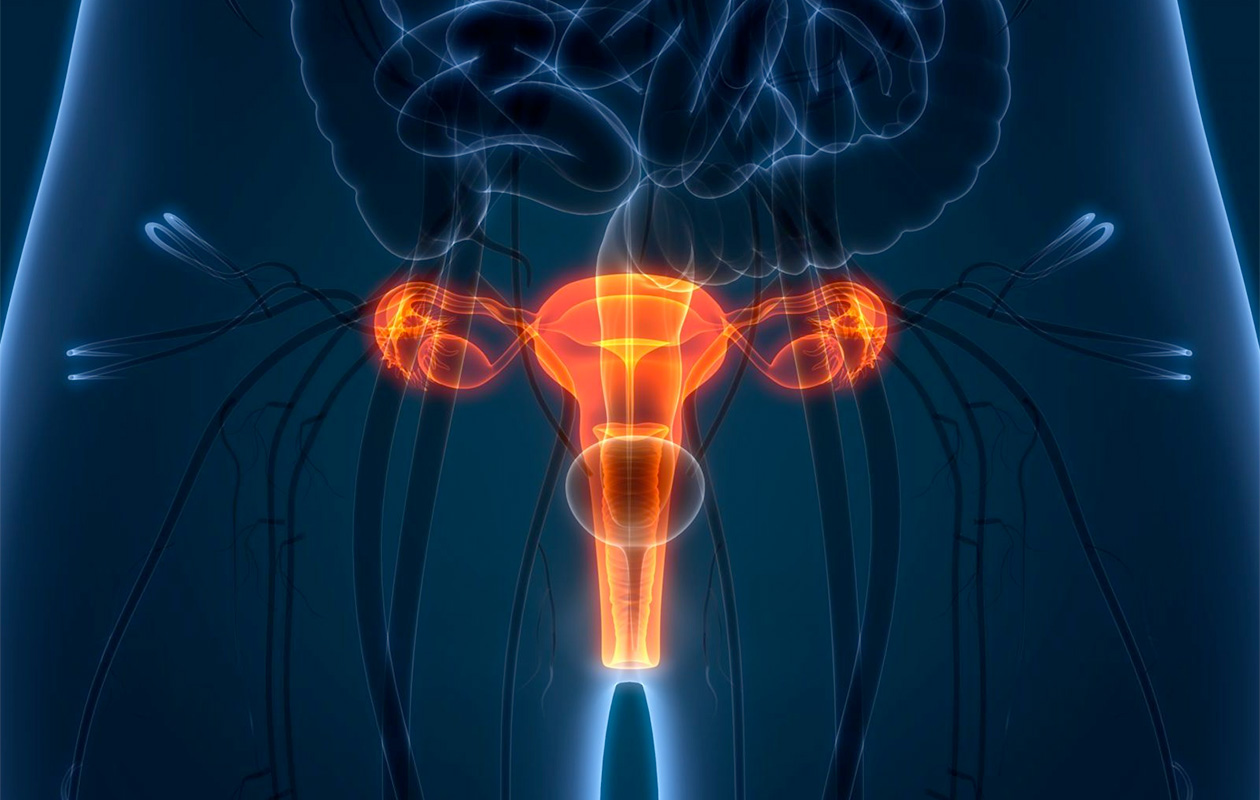Monitoring
persistent
genotype-
specific HPV
infections:
identifying those patients most at risk for developing cervical disease

Why tracking
genotype-specific HPV persistence matters
HPV infection history and current HPV
results are both critical when assessing
the risk for cervical cancer.1
Persistence of infections by high-risk
HPV genotype is the single greatest
risk factor for malignant
progression.2
The BD Onclarity™ HPV Assay is the
only FDA-approved assay that allows
you to track persistent HPV infections
using extended genotyping (detection
of HPV types beyond HPV 16 and 18).3,4
Persistent genotype-specific HPV infections increase the risk of cervical disease2,5
Cumulative proportion of ≥CIN2 among women* with genotype-specific HPV persistence*5
Adapted from Elfgren et al. Am J Obstet Gynecol. 2017;216:264.e1-7.
*12,527 women aged 32-38 years with follow up of 195 women attending colposcopy who were cytologically normal but persistently HPV positive for at least 1 year.
Monitoring genotype-specific HPV persistence is key to identifying your patients
at most risk for developing cervical disease.1,2,5
Extended genotyping helps track genotype-specific HPV persistence
HPV infection history and current HPV results are both critical when assessing the risk for cervical cancer and guiding patient management.1
The BD Onclarity™ HPV Assay is the only FDA-approved assay that helps track genotype-specific HPV persistence using extended genotyping3,4
CIN, cervical intraepithelial neoplasia; CIN2, cervical intraepithelial neoplasia grade 2; FDA, Food and Drug Administration; HPV, human papillomavirus; hrHPV, high-risk human papillomavirus.
1. Perkins RB et al. J Low Genit Tract Dis. 2020;24:102-131. 2. Bodily J et al. Trends Microbiol. 2011;19(1):33-39. 3. BD OnclarityTM HPV Assay European Product information, 8089899(14). Updated November 2020. 4. BD Press Release. BD receives FDA Approval for HPV Test with Extended Genotyping Capabilities. July 22, 2020. 5. Elfgren K et al. Am J Obstet Gynecol. 2017;216(3):264.e1-7.




















